EOFY: Last minute tax tips for property investors
With June 30 just days away, Premium Property speaks to Adelaide-based Chartered Tax Adviser Christopher Overton to ensure property investors can make the most of their 2020/2021 tax return.

Tax time can confuse even the most astute property investor. Although tax obligations will vary depending on your situation, Bartley Partners Managing Partner Christopher Overton offers some general tax advice for residential property investors:
Make the most of your deductions
Overton says residential property investors can claim a range of expenses, just as long as they have appropriate documentation and receipts.
“General claims for most investors are the day-to-day expenses of running the property,” says Overton.
“Deductible expenses include the Emergency Services Levy, interest on the mortgage, property management fees and, repairs and maintenance, providing renovations are the consequence of enhancing the property.”
If you had to stop mortgage repayments over the last financial year, Overton says you can still write off any incurred interest.
Additionally, if your tenant wasn’t able to pay rent due to financial hardship, he says that cost is also deductible.
“COVID didn’t have too bad of an effect on most property investors in South Australia,” says Overton.
“If you did have a tenant that was unable to pay you for a length of time, then you’re likely to have a much bigger tax write off.”
Figure out your depreciation and capital works deductions
“Whether or not it a home is positively or negatively geared, will depend on depreciation,” says Overton.
“If an investor has bought a brand-new property, straight off the plan, they’re able to claim depreciation on the building, the fixtures and fittings.
“Generally, the builder will give you a table that breaks down each of those different assets.”
You can also claim capital works deductions if your home had a significant face-lift, and you can depreciate other assets which aren’t structural, such as carpets and blinds, over a length of time.
Though it may be tempting to try and claim everything as an instant asset write-off, Overton says to make sure you get depreciating right.
“If your repair bill for the property is a substantial portion of the rent, you’re very likely to have the ATO come back and just ask you to provide receipts and explain what the repairs were,” he says.
“What they’re looking for is major renovations which aren’t being depreciated correctly, because interest rates are so low at the moment, a lot of properties are positively geared, so they’re actually costing people from a tax point of view.”
Know what you can’t claim
Though the ATO took travel expenses off the list of deductions for investors in 2017, Overton says some are still trying to claim travel to and from their rental property.
“The big one that people usually get wrong is that they’re trying to still claim travel, especially when they’re doing their own tax returns,” says Overton.
“Previously, if you travelled to and from the property to repair something yourself, or to do the lawns, you could claim that travel.”
Overton also warns that investors who redrew their mortgage might not be able to claim the full amount of interest incurred.
“[Interest rates] are always claimable providing you haven’t redrawn for personal purposes,” he says.
“Anytime you refinance a mortgage you need to show why that would be related to the investment property.”
If you’re a first-time investor Overton says a common tax blunder is trying to claim expenses for a time before housing a tenant.
“All the initial costs of painting and cleaning up property before you have your first tenant, all have to be capitalised, which means you can’t claim that as a tax deduction upfront,” he says.
“This is because it’s incurred at a point before the property started earning income.”
Prepare for the next financial year
Though tax time focuses on past finances, Overton says the best way to get ahead of the tax game is to plan for the future.
“You shouldn’t just look at the past, have a look at what rent is and what your expenses are looking like,” he says.
“Investors need to have a look at decisions about whether or not they want to expand their portfolio and how they’ll structure it.
“If they’re approaching retirement age, maybe discussions [are needed] about when or if they’ll sell some of their portfolio and how to do that most effectively.”
If you’re expanding your portfolio, it is worth determining if you’ll buy the property with a self-managed super fund or trust company as the best structure will depend on your properties.
This article is a guide only, for more information on tax obligations, speak to a registered accountant or head to www.ato.gov.au.



